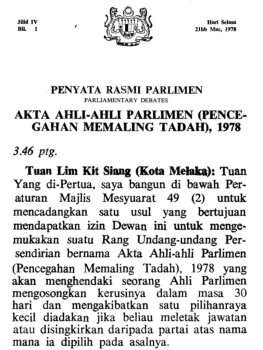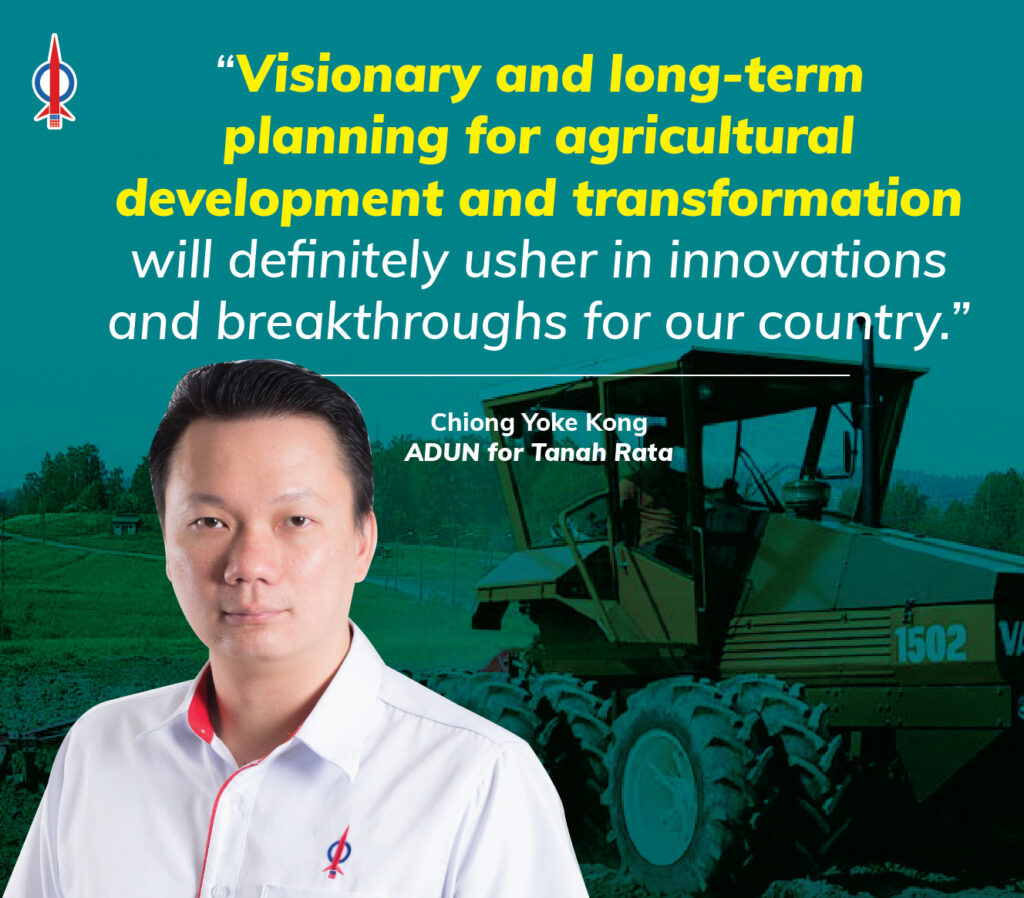
If the PN government is serious about championing national agricultural reform, it should include these three suggestions in policy-making:
1. Simplify red tape for agricultural exports
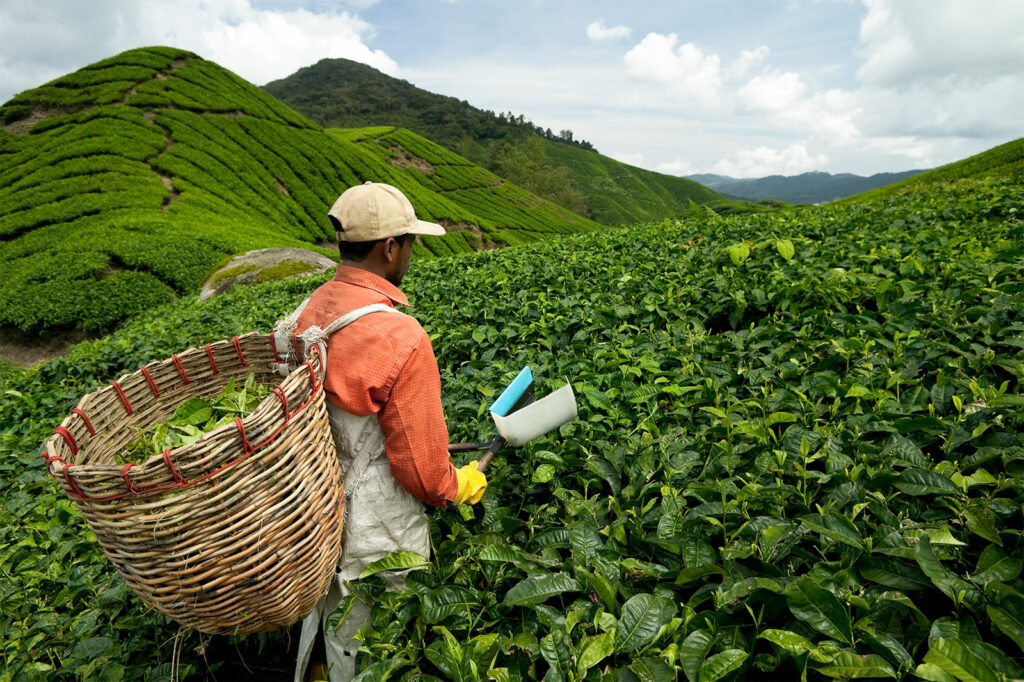
The government should integrate export regulations of all relevant agencies such as the Royal Malaysian Customs Department, Malaysian Quarantine and Inspection Services (MAQIS), and the Federal Agricultural Marketing Authority (FAMA). Procedures should be simplified, fees collected to export products should be reduced, and local farmers should be actively encouraged to increase productivity.
These measures can help lay the strong foundation for our agriculture sector to prosper, and at the same time increase agricultural exports to generate higher profits for our country.
2. Guarantee land security to small and medium farmers to help them work towards industrial upgrading and transformation
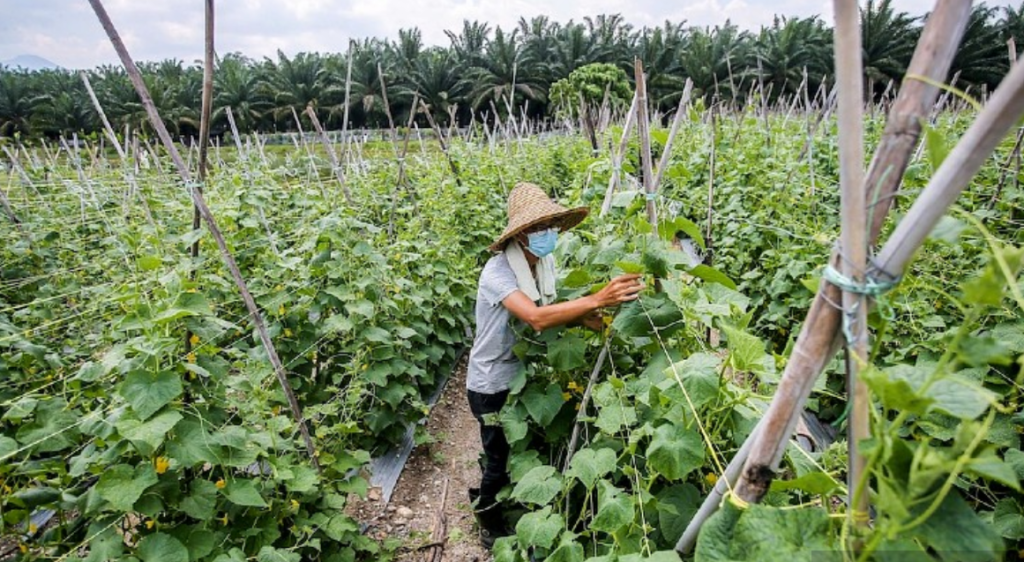
Source: Malay Mail
There are still many small and medium farmers who farm on insecure land and risk being expelled by the government and law enforcement agencies at any time.
If the government is sincere in encouraging such farmers to participate in its agricultural modernization plan, it should:
- implement agricultural land reforms
- grant them agricultural land leases with longer terms
- provide more substantial land rights and protection
3. Establish cloud databases and provide technical services for small and medium agricultural entrepreneurs
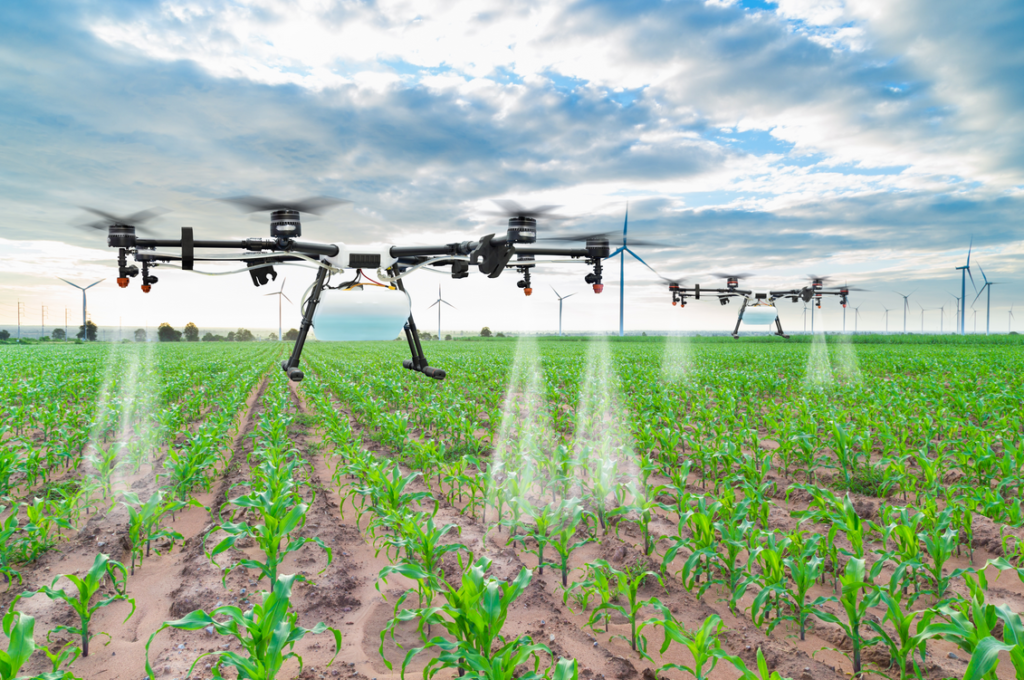
Drones spraying crops
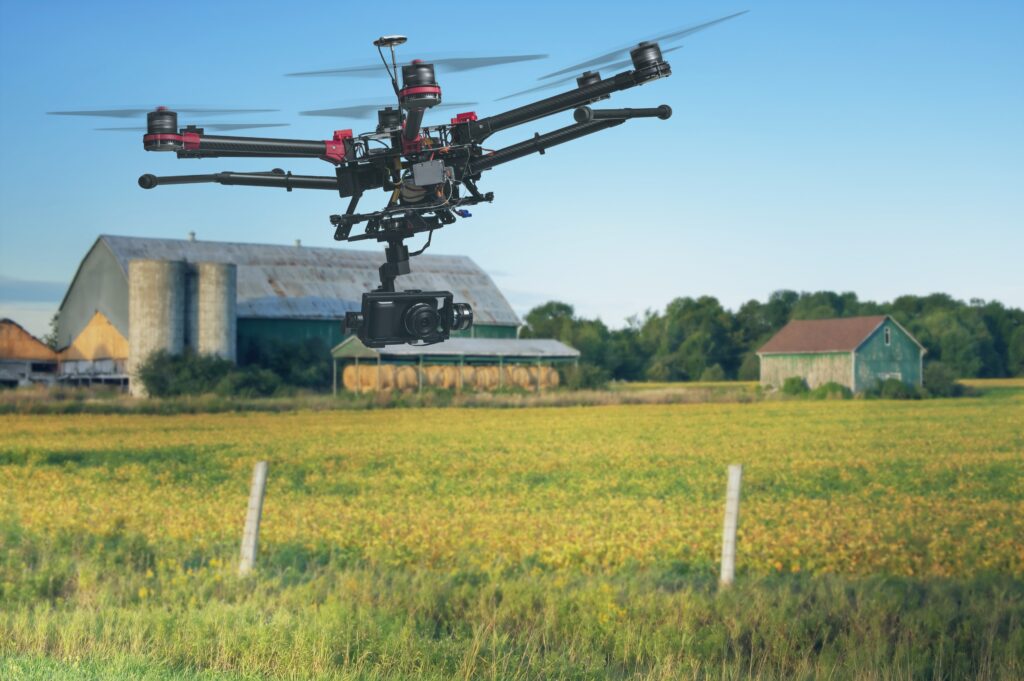
A drone monitoring crops, revealing production inefficiencies and real time development
The government should also utilise and widely apply modern technologies in our agricultural sector. Doing so can profoundly transform our farming model from a traditional one to smart farming that utilises high-end tech.
Smart devices not only reduce dependence on foreign labour but also lower production costs, improve long-term production efficiency, and minimise direct contact between workers.
In the midst of the pandemic, agricultural intelligence can effectively reduce the severe impact wrought by the pandemic on agricultural production while ensuring food stability and normal production.
This article is based on Chiong Yoke Kong’s press statement dated 11th November 2020.



